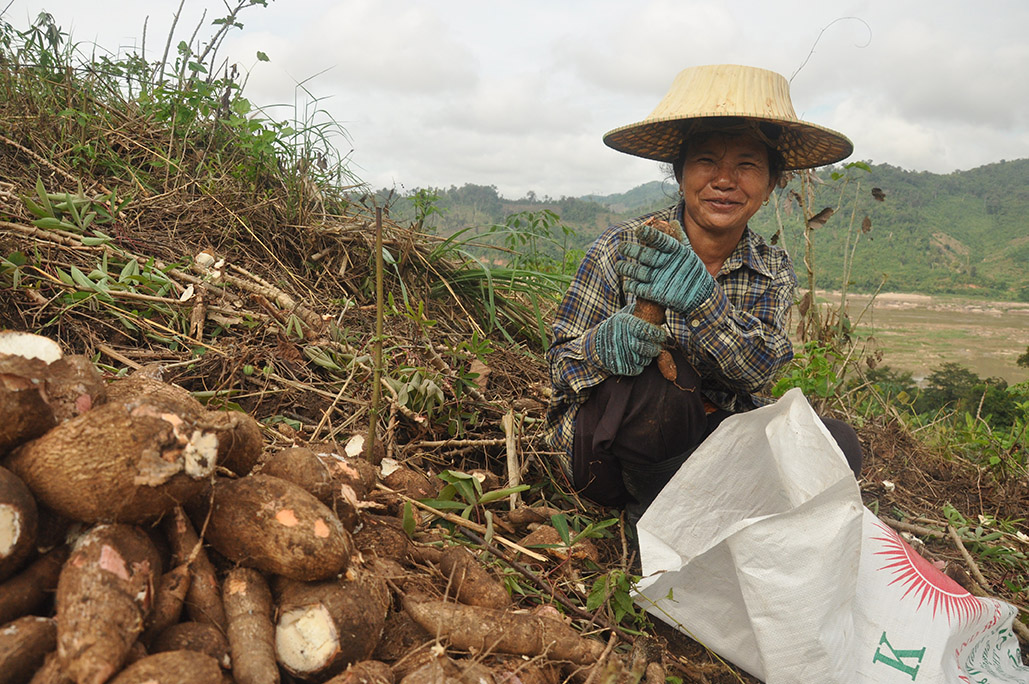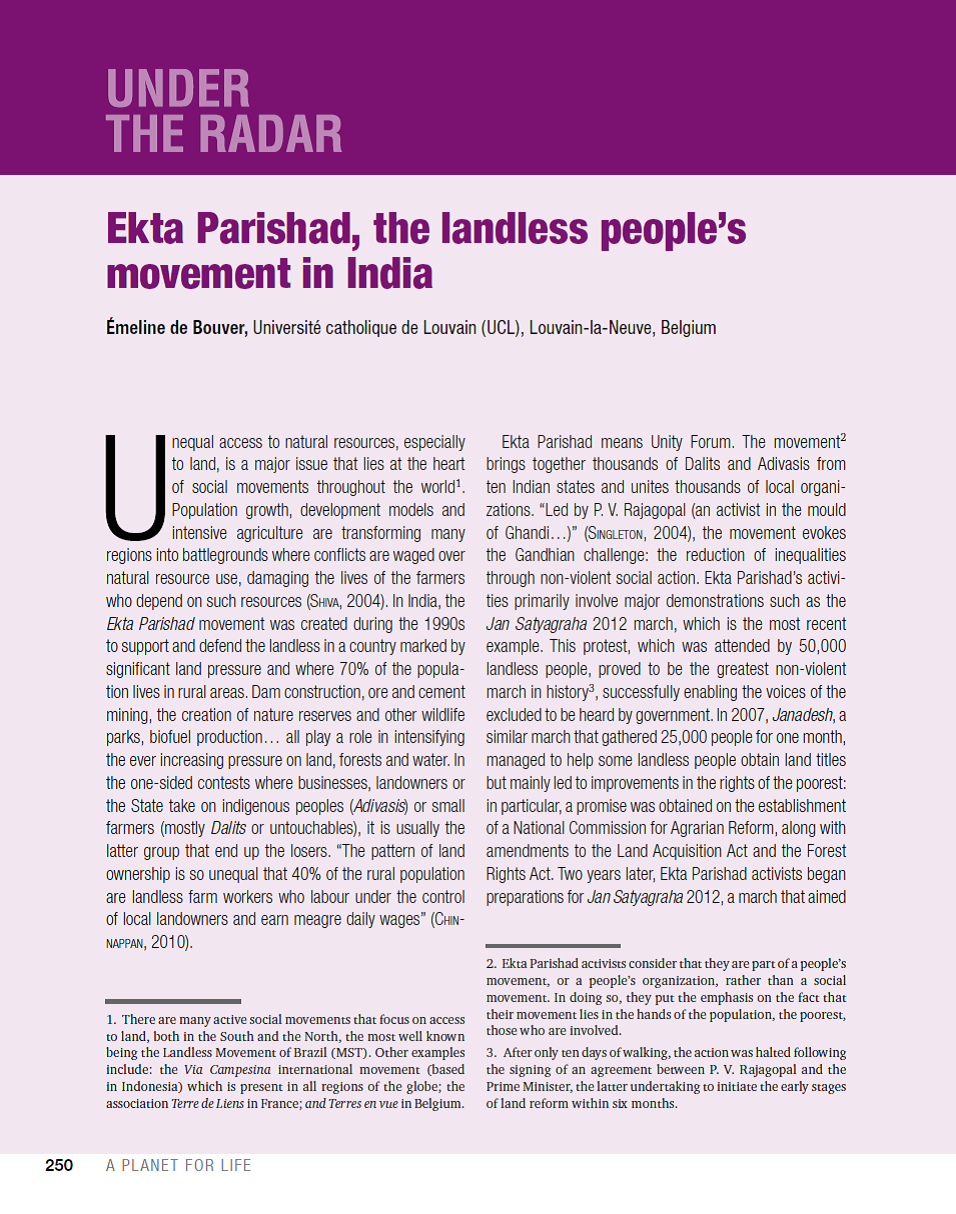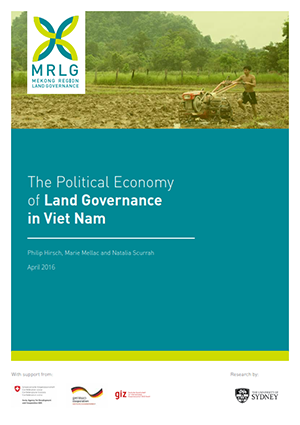How the world is paving the way for corporate land grabs - Publication - ActionAid
"For millions of people living in the world’s poorest countries, access to land is a matter not of wealth, but of survival, identity and belonging. Most of the 1.4 billion people earning less than US$1.25 a day live in rural areas and depend largely on agriculture for their livelihoods, while an estimated 2.5 billion people are involved in full- or part-time smallholder agriculture.











